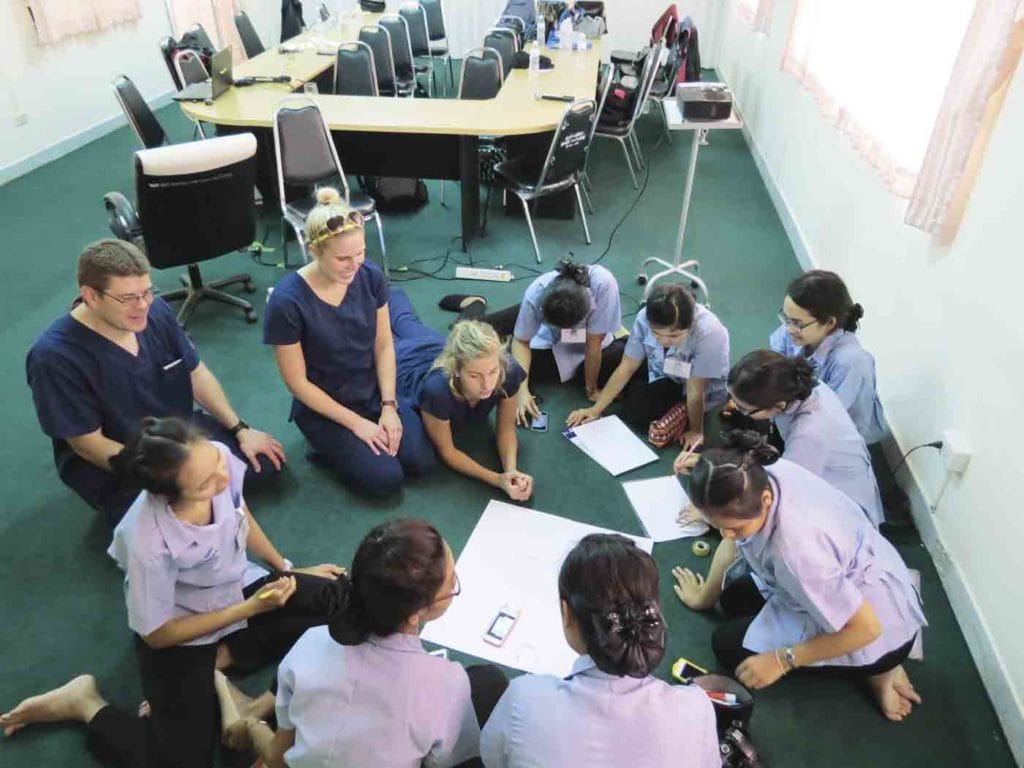Tag: Asia
Cara and Researchers at Risk: Offering a lifeline to academics in danger

For nearly 90 years, Cara (or the Council for At-Risk Academics) has offered a lifeline to researchers and academics working in, or forced to flee from, dangerous global contexts. It works with those currently escaping persecution, those who have been forced into exile, or those who pursue their vital research in a home country ravaged by war or oppression. It […]
Read More… from Cara and Researchers at Risk: Offering a lifeline to academics in danger
ENACTS: Risk, Resilience, and the Revitalisation of Climate Services in the Developing World

To build resilience and national capacity to manage climate variability and adapt to change, governments and other bodies need robust and decision-relevant climate information at different levels. In many places, however, including most African countries, collection of climate data has been seriously inadequate, and even when available, poorly accessible. The Enhancing National Climate Services (ENACTS) initiative, led by Dr Tufa […]
The child deficit and the changing value of children in Asia

Since the 1960s, Asia has experienced a dramatic decline in fertility rates. Philip Morrison, Professor Emeritus at Victoria University of Wellington, New Zealand, asks whether this shift has been accompanied by a reduction in the value of children as inferred from the European experience. If so, one might expect a convergence of the ideal and actual family size and a […]
Read More… from The child deficit and the changing value of children in Asia
Expanding capacity of non-communicable disease research and training in Thailand

Dr Kathleen Potempa is Professor at the School of Nursing in the University of Michigan, where she served as Dean from 2006 to 2016. A globally renowned leader in nursing, education and science, she has a long academic career focusing on cardiovascular fitness in physically impaired populations, nursing, leadership, and community-based approaches to improving health. She is currently collaborating with […]
Read More… from Expanding capacity of non-communicable disease research and training in Thailand